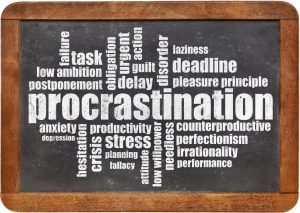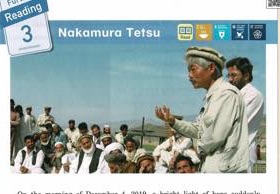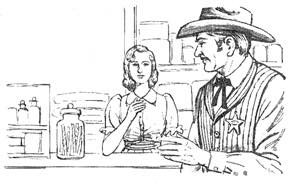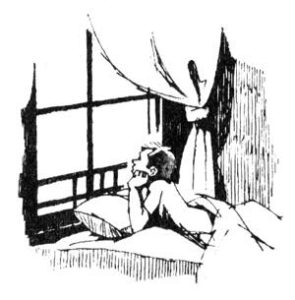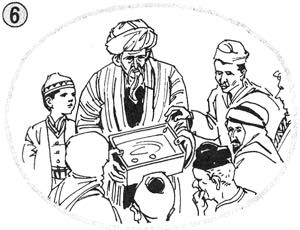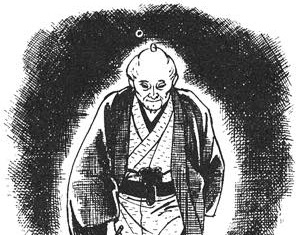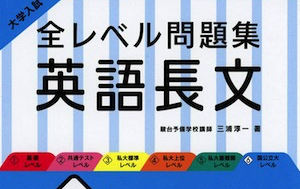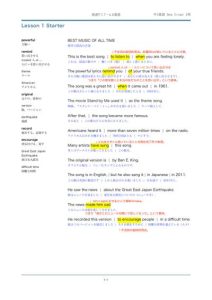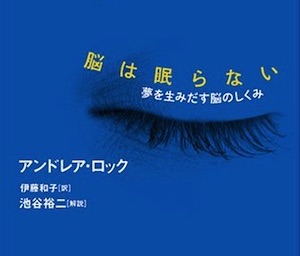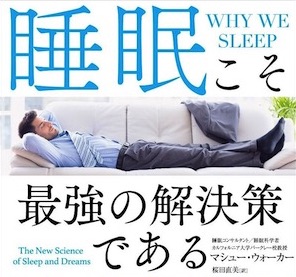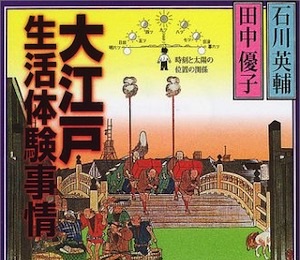前回の「Procrastination」に続いて、再び大学入試問題から面白い英文を選んで紹介します。
この英文は、「Enjoying Sleep」というタイトルを仮につけていますが、睡眠に関するエッセイで、最初に読んだときに少しばかり「目からウロコ」の思いがした文章です。
元々は学習院大学で出題された問題で、問題集『全レベル問題集英語長文レベル4』に収録されています。元々の学習院大学でどのような問題が出されたかわからないため、ここでは問題自体を載せることはありません(著作権の問題がかかわる可能性があるため)。問題集では英文の傍線部が問題の対象になっています。興味がある人は『全レベル問題集英語長文レベル4』を参照してください。
なお、今回も対訳を付けました(対訳は、自然な日本語にするため、かなり意訳しています)。(内容を理解した上で)何度も口に出して読めば、英語読解力を向上させることができます。
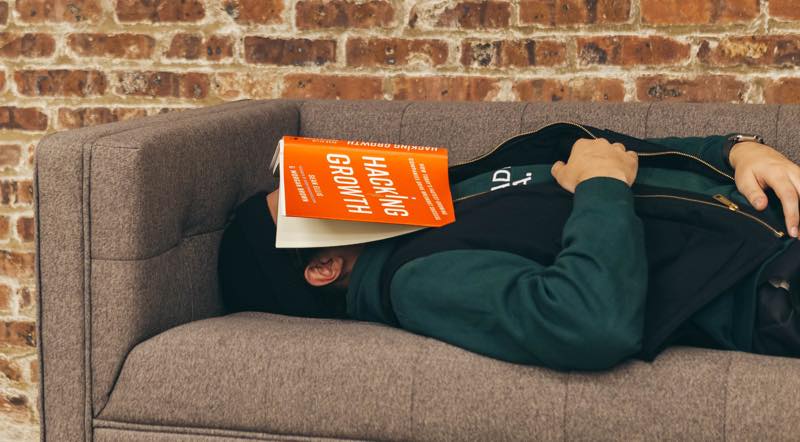
Why can't we admit to enjoying sleep? Why is getting a good sleep such a neglected and guilty pleasure? Every bookshop has a section of books about food and drink. But where are the books in praise of sleep, (ア) which, after all, goes so well with those other pleasures? When sleep does get a mention, it's usually in the context of being a problem, such as the misery of insomnia. To borrow the cooking comparison again, it would be like referring to food only when talking about eating disorders.
私たちはなぜ、睡眠を楽しむということを素直に受け入れられないのだろうか? 私たちはなぜ、よく眠ることを、怠慢で後ろめたい享楽と見なしてしまうのか? どの書店にも、食べ物や飲み物についての本が数多く存在する。だが、睡眠を称賛する本はどこにもない。(ア) 睡眠が結局のところ、飲食などと比べても遜色のない楽しみであるにもかかわらずである。睡眠が話題になることがあるとすれば、通常、不眠症の悲劇など、問題としての観点からのみである。料理との比較をここでも持ち出すならば、食べ物に言及するのが、摂食障害を話題にする場合に限られるというようなものだ。
So (イ) why do we place such little value on such a luxury? When you are tired there is nothing better than to sink into bed. A long lie-in on a holiday can be more of a pleasure than any meal in an expensive restaurant. Sleep is also nature's greatest free gift. It's there for the rich and poor alike. You don't even have to (ウ) stand in line to enjoy it. It's the health spa that never closes.
では (イ) なぜ私たちは、これほどの贅沢品に対してほとんど価値を置いていないのだろうか? 疲れているときなど、ベッドに潜り込む以上の喜びはあるまい。休日に遅くまで寝ていることは、高級レストランでの食事以上の楽しみにだってなり得る。睡眠は、自然が与えてくれた最高の、しかも無料の贈り物でもある。富裕層にも貧困層にも同じように与えられている。その楽しみを得るために (ウ) 列に並んだりする必要もない。睡眠は年中無休のヘルススパと言っても良い。
But we treat sleep so badly. There's a whole 24-hour culture going on inside the modern home, with satellite television, computer games and the Internet keeping us up all hours.
それにもかかわらず、私たちは睡眠に対してひどい扱いをしている。現代の家庭内には、衛星テレビ、コンピュータゲーム、インターネットなど、私たちを四六時中惹き付けるものがあり、その結果、いわば24時間文化などというものが出現している。
(エ) What makes this neglect of sleep even more ridiculous is the evidence of how much damage is done. Lack of sleep is linked to obesity, heart disease and stress. Research has also linked sleep deprivation to an increased risk of suicide.
(エ) 睡眠不足がどれほど有害かはエビデンスによって示されており、それを鑑みると、このような睡眠の軽視が愚かしいということがよくわかる。睡眠不足は、肥満、心臓病、ストレスにも影響する。研究によると、睡眠の欠乏が自殺のリスクを高めることもわかっている。
Apart from the physical damage, ignoring sleep means ignoring our past. Sleep has long fascinated thinkers and poets. There are records in Russia and France of humans hibernating during the winter months. And before the Industrial Revolution, many people in northern Europe would have (オ) enjoyed a sleep divided into two halves. Look around the bedroom and there's an undiscovered history in (カ) these familiar objects. Pajamas were brought back to Europe from India, the crusaders introduced the mattress from the Middle East and the electric blanket was developed for patients in TB clinics.
睡眠の軽視は、身体的な被害だけでなく、私たちの過去の軽視にも繋がる。睡眠は、長きに渡って思想家や詩人を魅了してきている。ロシアやフランスには、冬の数カ月間、人が冬眠したという記録まである。また、産業革命以前、北部ヨーロッパの多くの人々は (オ) 睡眠を2回に分けていたという。寝室の周りを見回せば、(カ) 見慣れたものの中に未知の歴史が存在する。パジャマはインドからヨーロッパに渡ったものであり、マットレスは十字軍が中東から持ち帰ったものだ。さらには、電気毛布は結核病院の患者のために開発されたものである。
But treating sleep with suspicion also has deep historical roots. In the West there has long been a distrust of sleep, linking it to laziness and moral weakness. Christians in New England in the 1680s promoted the value of "early to bed, early to rise". The factory owners of the Industrial Revolution, who had to enforce long working hours on reluctant workers, borrowed (キ) this moral principle, creating the modern pattern of a single stretch of sleep each night, with the workers rising in time to return for another day's work. Child laborers naturally wanted to sleep during the day, and harsh physical punishments were introduced to stop them, establishing the idea that sleep had to be limited to the unpaid hours of the night: (ク) an idea by which we are still ruled today.
一方で、睡眠を疑問視することには、歴史的なルーツもある。西洋では長い間、睡眠に対する不信感が存在しており、睡眠は怠慢や道徳的な弱さに繋がるという見方があった。1680年代のニューイングランドのキリスト教徒は「早寝早起き」の価値を推奨している。産業革命期の工場経営者たちは、尻込みする労働者に長時間労働を無理強いしなければならなかったため、(キ) この道徳原則を借用することで、毎晩一続きの睡眠を取るという現代の睡眠パターンを生み出した。これはすべて、労働者が定時に起きて翌日の仕事に時間どおり戻れるようにするためである。児童労働者は必然的に日中眠りたくなるが、それを阻止するためにひどい体罰が加えられ、睡眠は、賃金の支払い対象時間でない夜間のみに限定されるべきだという考え方が確立された。(ク) そしてこれが今日も支配的な考え方になっているというわけである。
[注]
insomnia:不眠症
eating disorder:摂食障害
hibernating:冬眠している
crusader:十字軍戦士
TB:結核

睡眠を疎かにしたくないものですね。

